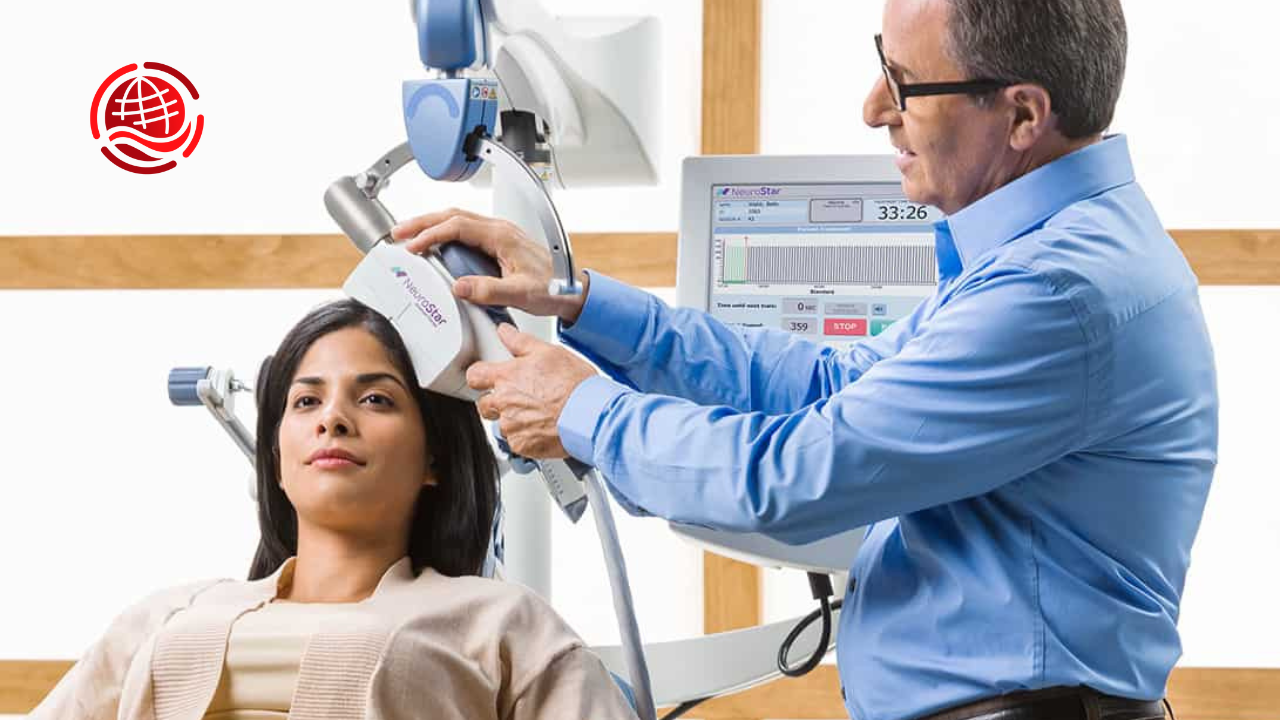Introduction
In the dynamic field of cardiology, advancements in diagnosing and treating common heart conditions like hypertension and arrhythmias are continuously evolving. These innovations enhance our understanding of cardiovascular health and pave the way for more precise and effective patient care. In this article, we’ll delve into the latest advancements in cardiovascular medicine, exploring cutting-edge diagnostic tools, groundbreaking therapies, and their implications for patient outcomes.
Precision Diagnostics
Diagnostic technology advancements have revolutionized how we identify and monitor heart conditions. High-resolution imaging techniques such as cardiac MRI and CT angiography offer unparalleled insights into cardiac anatomy and function, allowing for early detection of abnormalities and more accurate diagnosis of conditions like hypertension and arrhythmias. Furthermore, genetic testing and biomarker analysis enable personalized risk assessment, guiding tailored treatment strategies for individual patients.
Wearable Health Monitoring
Wearable devices have transformed how we monitor cardiovascular health in real time. Smartwatches and fitness trackers equipped with heart rate monitors and ECG sensors empower individuals to track their heart rhythm, detect irregularities, and proactively manage their heart health. These wearable technologies provide valuable data for early detection of arrhythmias and facilitate remote monitoring, allowing healthcare providers to intervene promptly when necessary.
Minimally Invasive Interventions
“Minimally invasive procedures have become increasingly prominent in treating common heart conditions. Techniques such as catheter ablation for arrhythmias and transcatheter interventions for hypertension offer effective alternatives to traditional surgery, minimizing risks, reducing recovery times, and improving patient outcomes. These innovative approaches leverage advanced catheter-based technologies to precisely target specific areas of the heart, restoring normal rhythm and blood pressure control”. Says Olivia Parker, CMO of Better Days.
Targeted Pharmacotherapy
Advances in pharmacotherapy have ushered in a new era of precision medicine for heart conditions. Targeted medications that modulate specific pathways involved in hypertension and arrhythmias offer tailored treatment options with improved efficacy and fewer side effects. From renin-angiotensin-aldosterone system inhibitors to novel antiarrhythmic agents, these drugs target underlying disease mechanisms, providing patients with optimized therapy regimens that address their unique needs and risk factors.
Artificial Intelligence in Cardiology
Artificial intelligence (AI) is revolutionizing the field of cardiology, offering innovative solutions for data analysis, risk prediction, and treatment optimization. Machine learning algorithms can analyze vast datasets, identify patterns, and accurately predict outcomes, aiding clinicians in diagnosing heart conditions, assessing prognosis, and developing personalized treatment plans. AI-driven decision support tools empower healthcare providers to make more informed decisions, resulting in better patient outcomes and enhanced efficiency in clinical practice.
Telemedicine and Remote Monitoring
“The widespread adoption of telemedicine and remote monitoring has facilitated greater access to cardiovascular care, particularly for patients with hypertension and arrhythmias. Virtual consultations, remote monitoring platforms, and telehealth apps enable patients to connect with cardiologists from the comfort of their homes, reducing barriers to care and improving treatment adherence. Moreover, remote monitoring devices allow healthcare providers to track patients’ vital signs, medication adherence, and symptoms in real-time, facilitating proactive interventions and preventing disease progression”. Says Allen Seavert, Director of American TMS Clinics.
Patient Education and Empowerment
Empowering patients with knowledge and resources is essential for managing and preventing heart conditions. Patient education initiatives, lifestyle modification programs, and digital health platforms provide individuals with the information and tools they need to make informed decisions about their cardiovascular health. By promoting healthy habits, encouraging medication adherence, and fostering self-management skills, these programs empower patients to take an active role in managing their heart conditions and reducing their risk of complications.
Conclusion
The continuous evolution of cardiovascular medicine, marked by advancements in precision diagnostics, minimally invasive interventions, wearable health monitoring, and artificial intelligence, underscores the remarkable progress in improving patient care. These innovations hold immense promise in enhancing patient outcomes and elevating the quality of life for individuals grappling with hypertension, arrhythmias, and other cardiovascular conditions. As healthcare providers integrate these cutting-edge technologies into clinical practice, they are better equipped to deliver tailored, effective, patient-centered care. By harnessing the potential of these advancements, healthcare professionals can optimize treatment approaches, mitigate risks, and ultimately empower patients to lead healthier and more fulfilling lives amidst the challenges of cardiovascular disease.
Read Also: Exploring the Radiant World of Selenite: From Satin Spar to Desert Rose.



